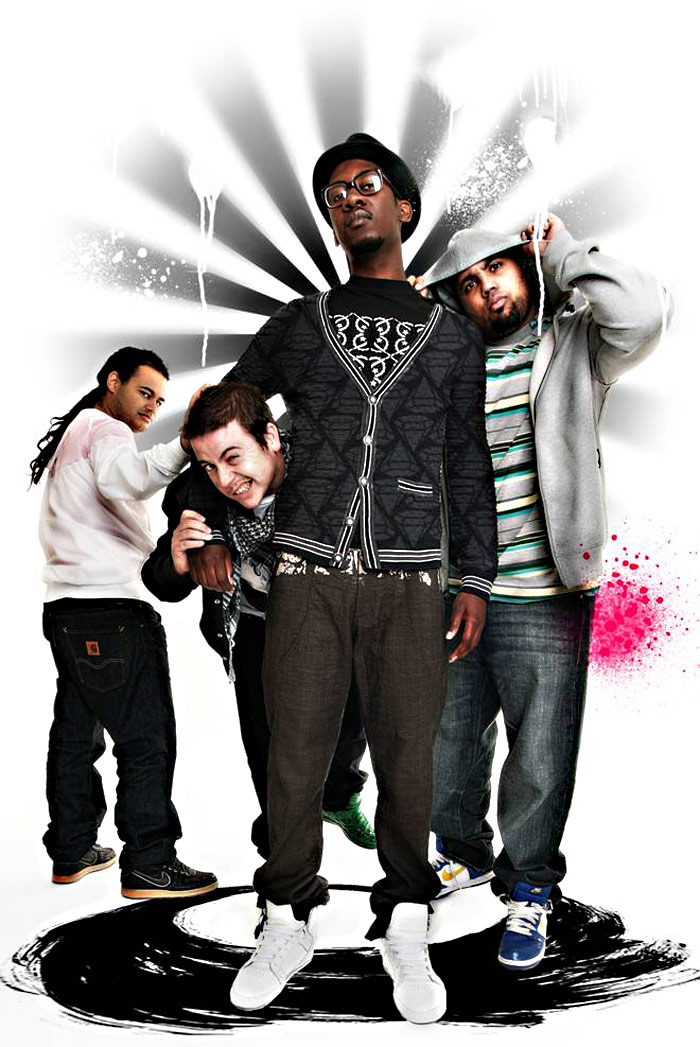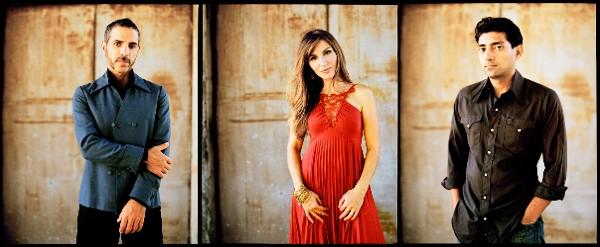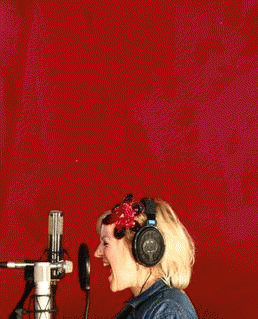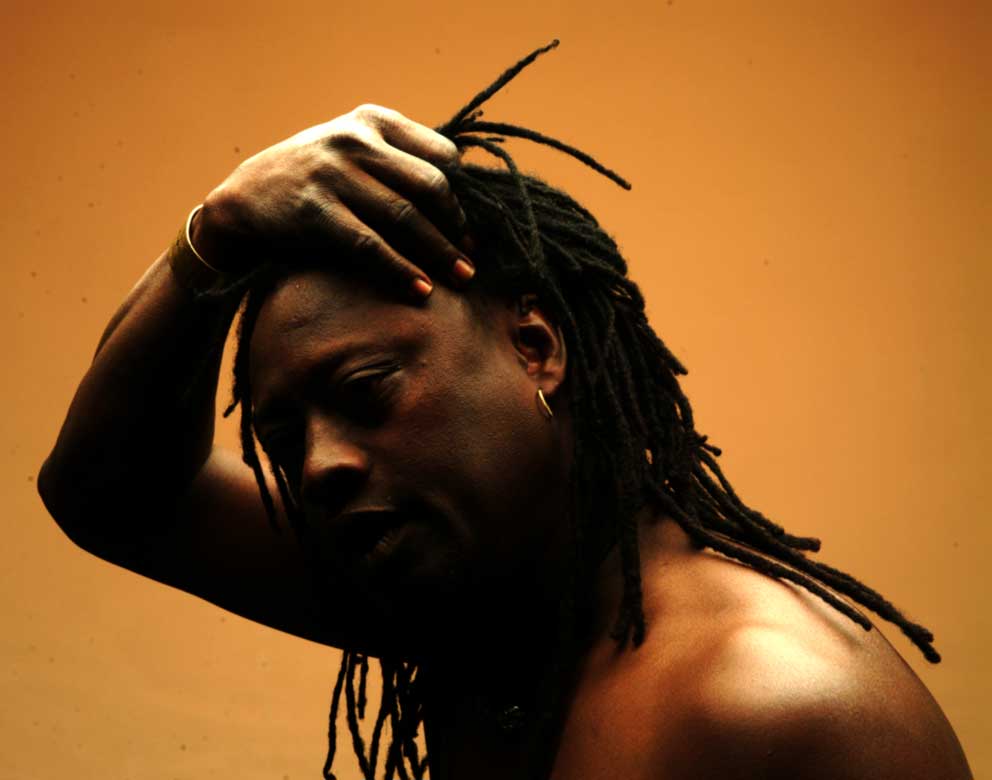Kuduro is a genre recently imported to Portugal from Angola. Its sound could be described as a mix of calypso, zouk, and techno, with lyrics inflected by Afro-religious references. The name itself is a play on the words “cú duro”—literally, “hard bottom.” Novices might find some resemblance to Puerto Rico’s reggaeton, thanks to the strong percussive element and rap-like lyrics that follow its syncopated beat.
The genre, which first found success in the heavily immigrant Angolan neighborhoods of Lisbon’s suburbs, is well represented by Buraka Som Sistema, a collective formed in 2006 by João Barbosa (Li’l John), Rui Pité (DJ Riot), Andro Carvalho (Conductor), and Kalaf Ângelo. Kuduro arrived as a breath of fresh air in a local electronic scene saturated with the same old beats. “Due to the DIY philosophy, many young guys are working with programs illegally downloaded from the Internet,” Pité says via phone from Lisbon.
The lingustic barrier does not seem to affect audiences much. “Most of our songs are in Portuguese, but no one seems to care much, because they don’t necessarily need to understand what is going on,” explains Pité. “It’s the same thing with the funk dance parties in Brazil [where DJs chant unintelligible lyrics to frenetic beats, something very popular in the suburbs of Rio]—it’s pretty much the same thing.”
Pite believes that the main audible differences between the Portuguese dance scene and what goes on in the rest of Europe stems mostly from the sorry state of the country’s pop music in the past decade or so. “In the last few years, there was nothing interesting produced in terms of mainstream pop music here, which caused people to look for alternatives in a more creative manner,” he says. “Also, there is the influence of the Portuguese-speaking African countries, who have affected how we listen to music in [one] way or another.”







